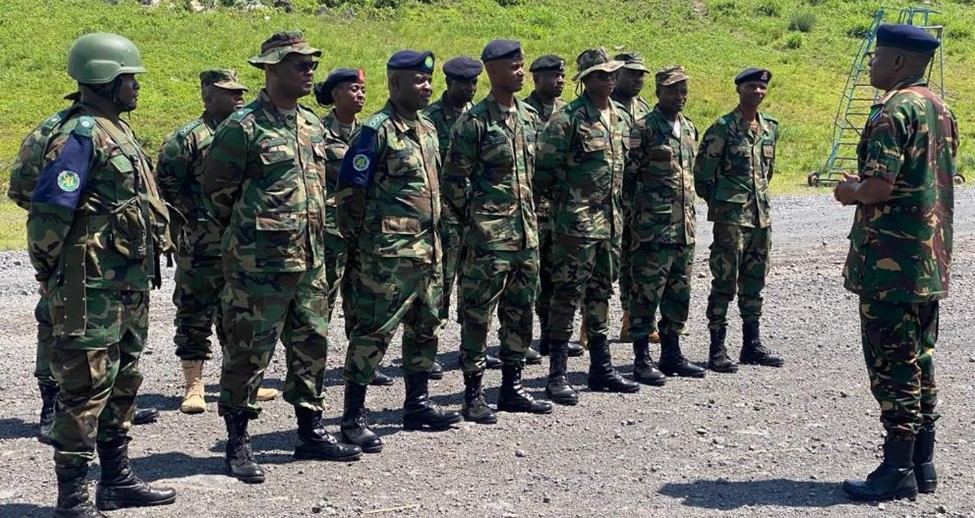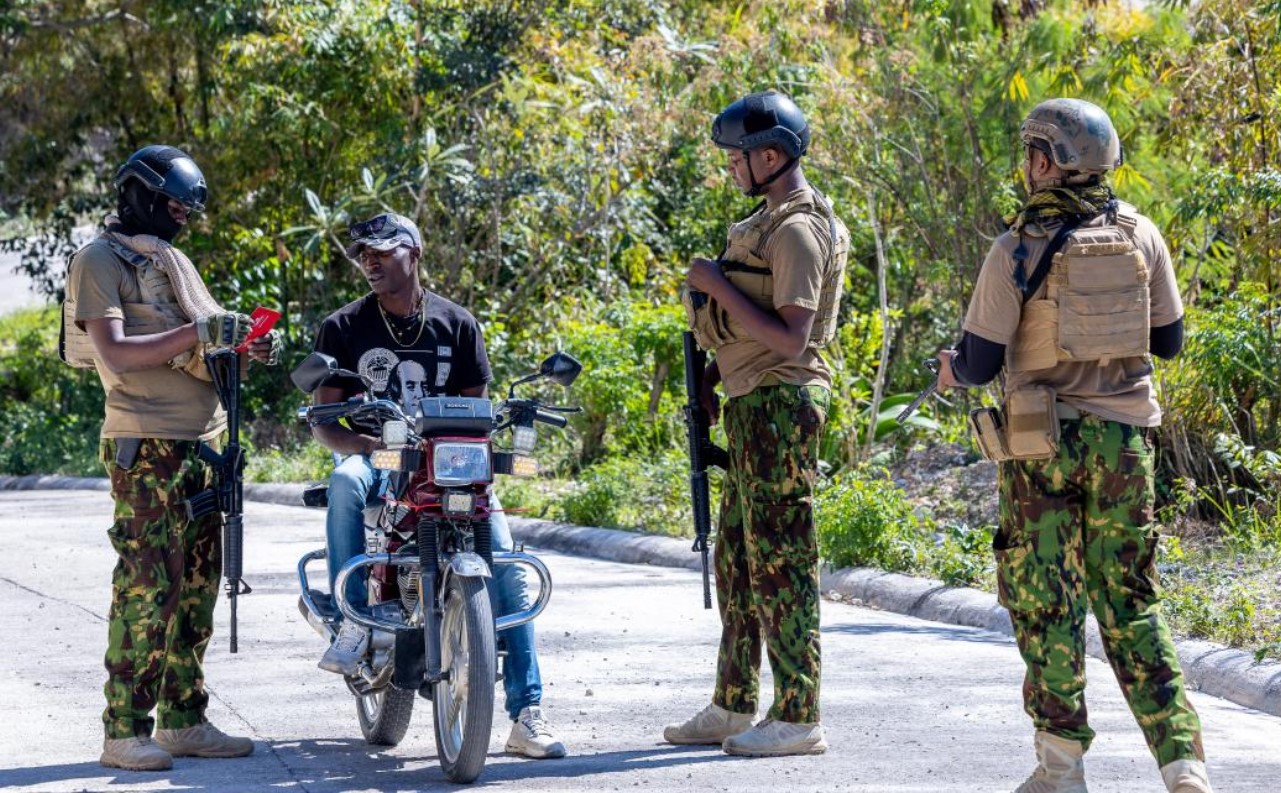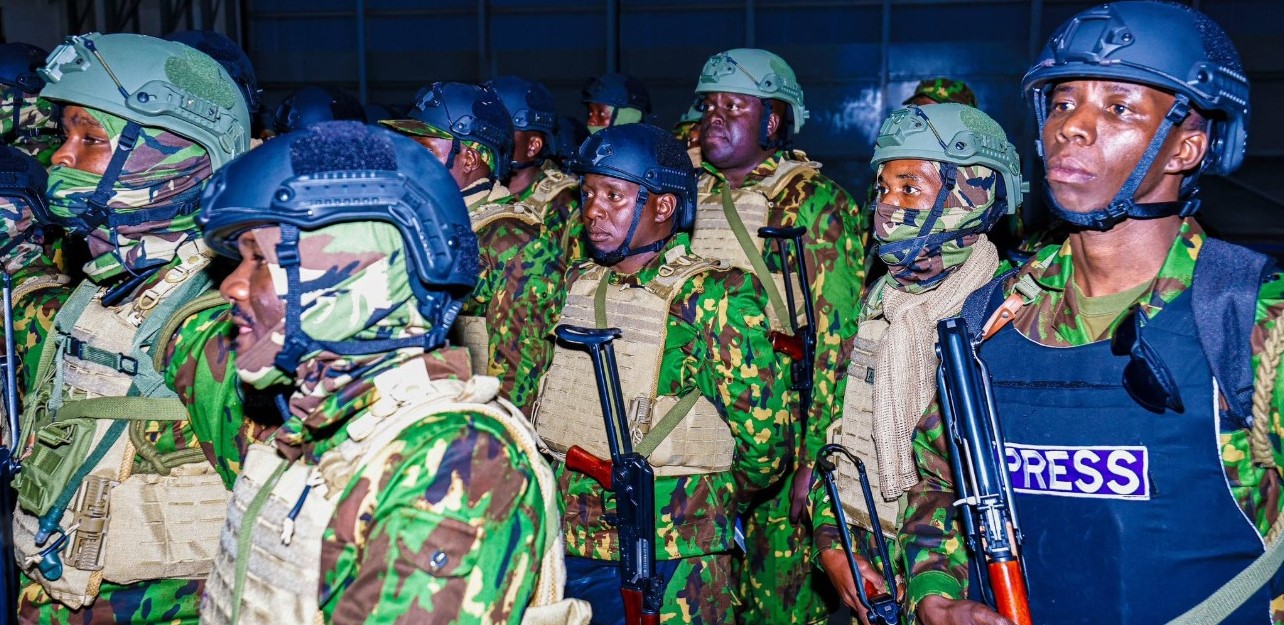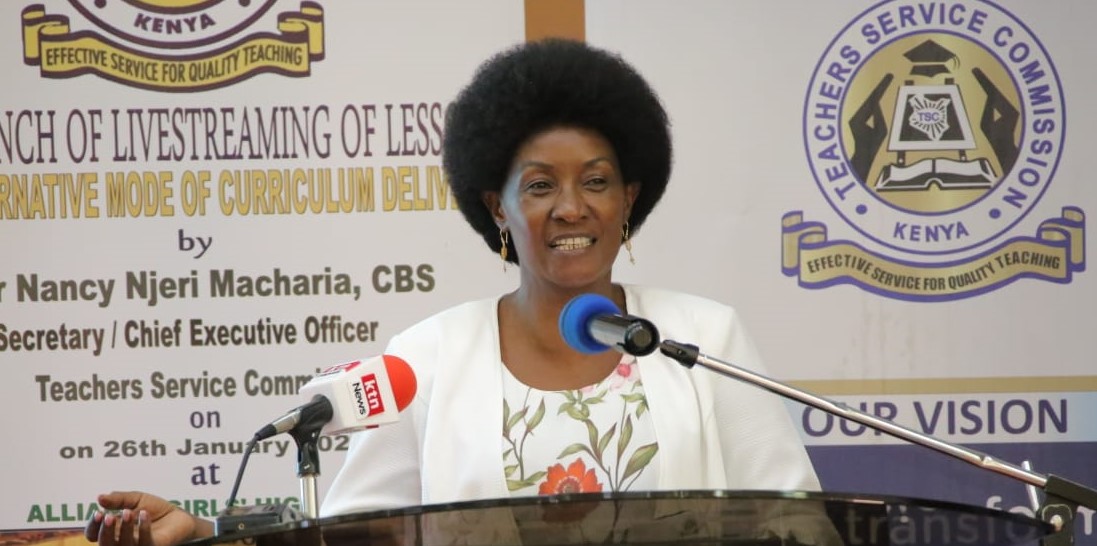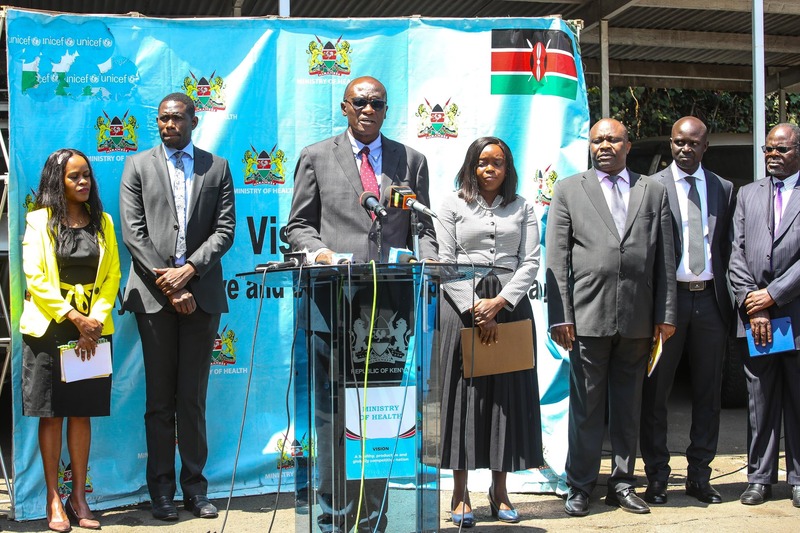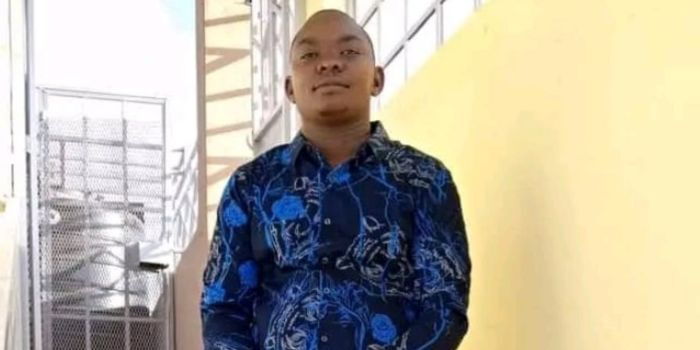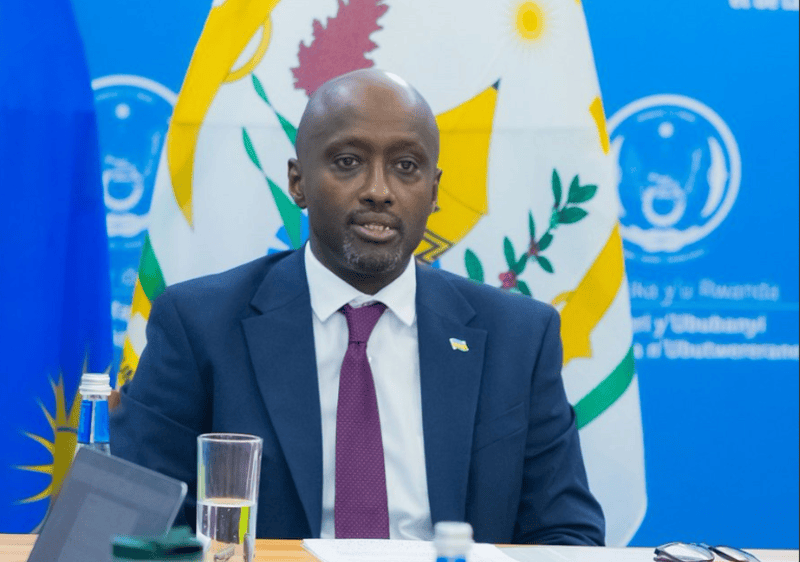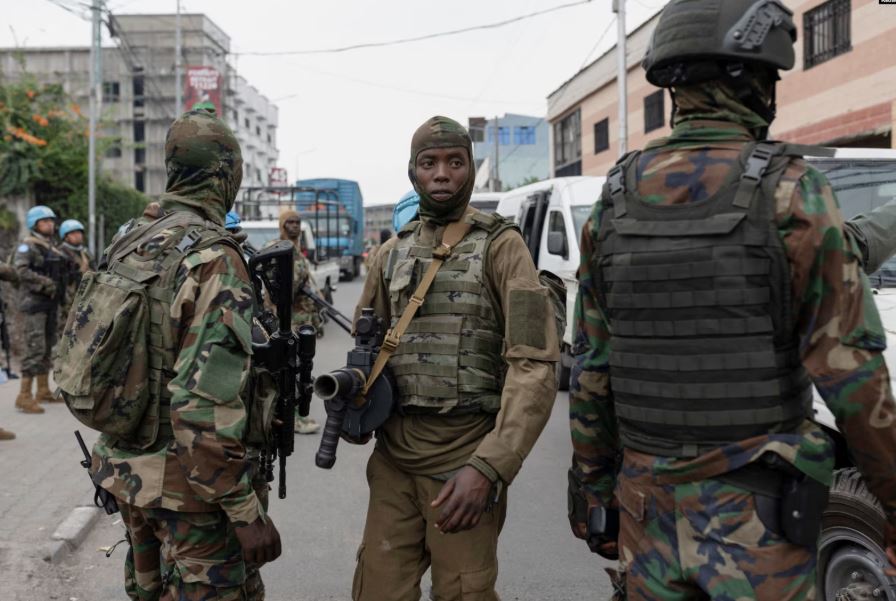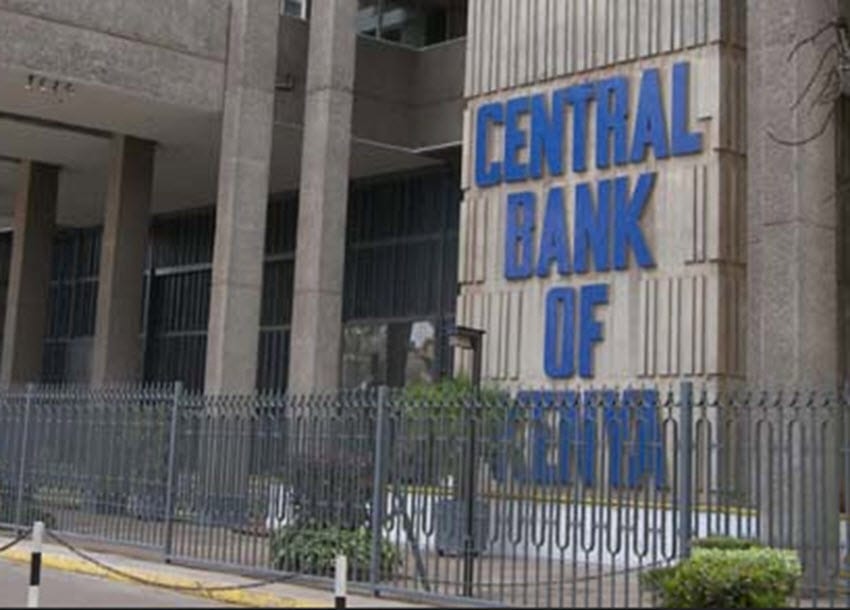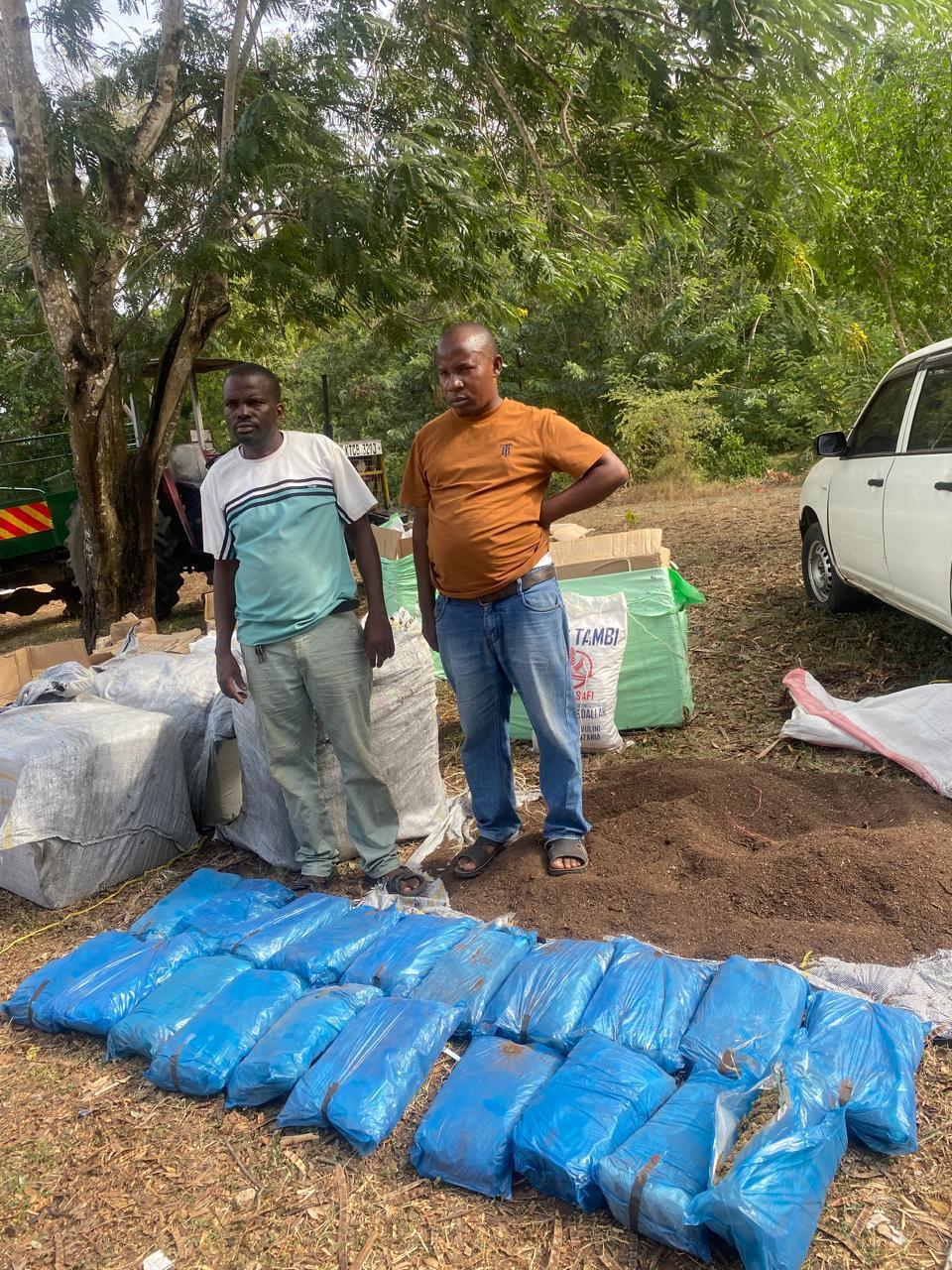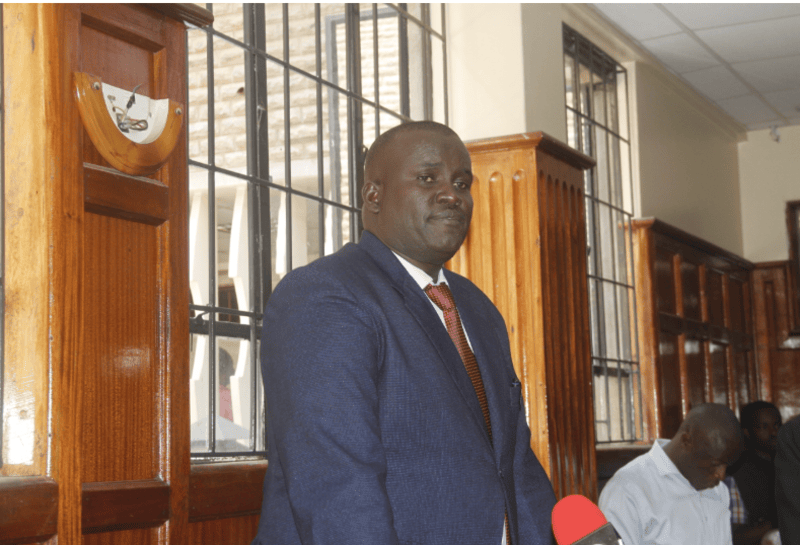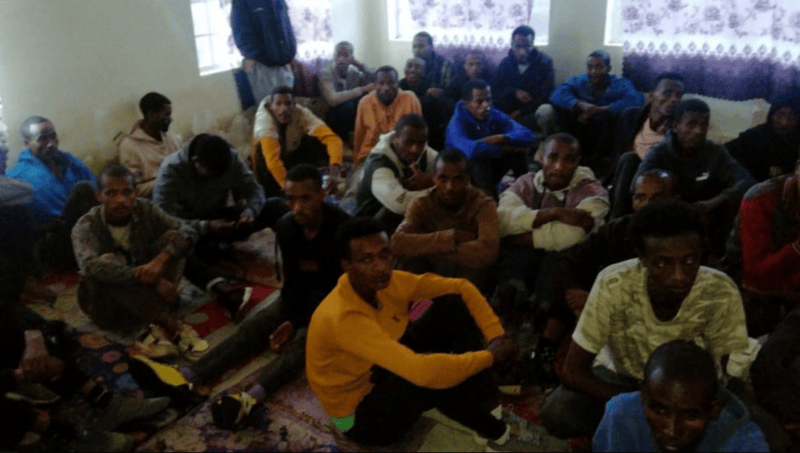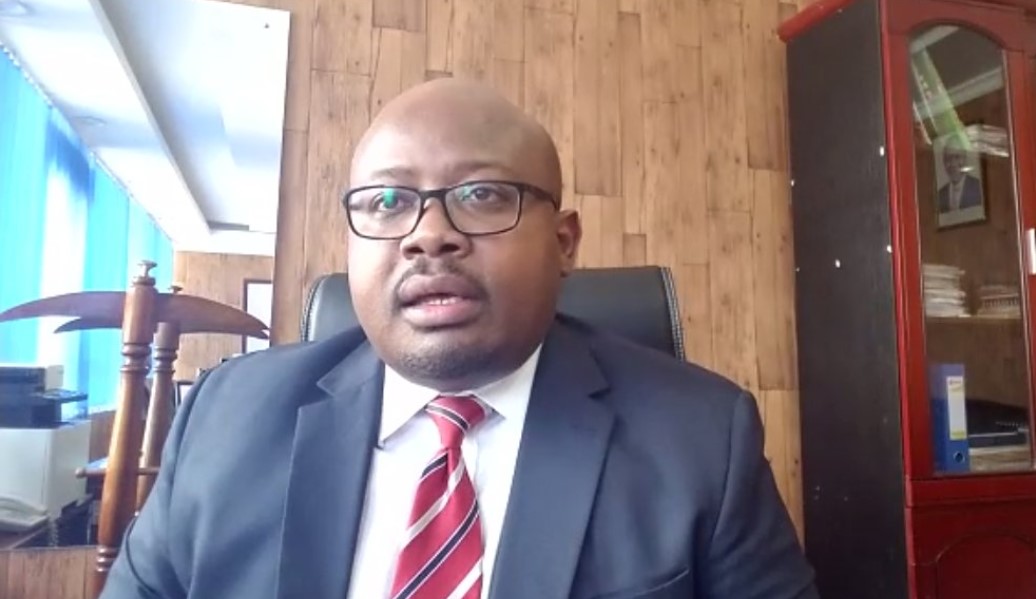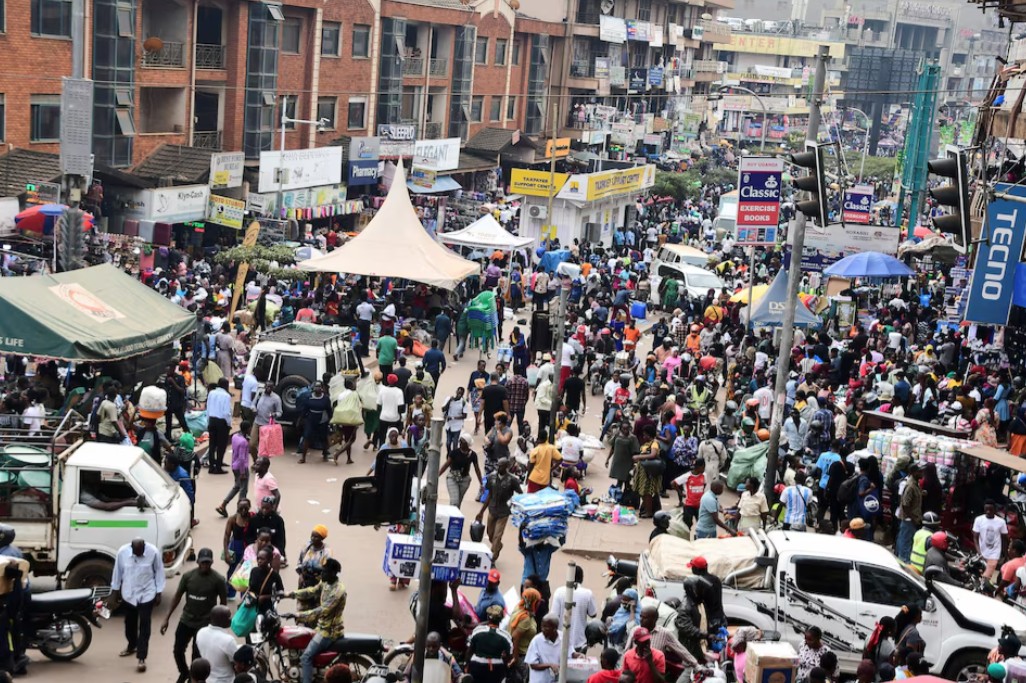Mozambique opposition leader breaks ties with party that backed him
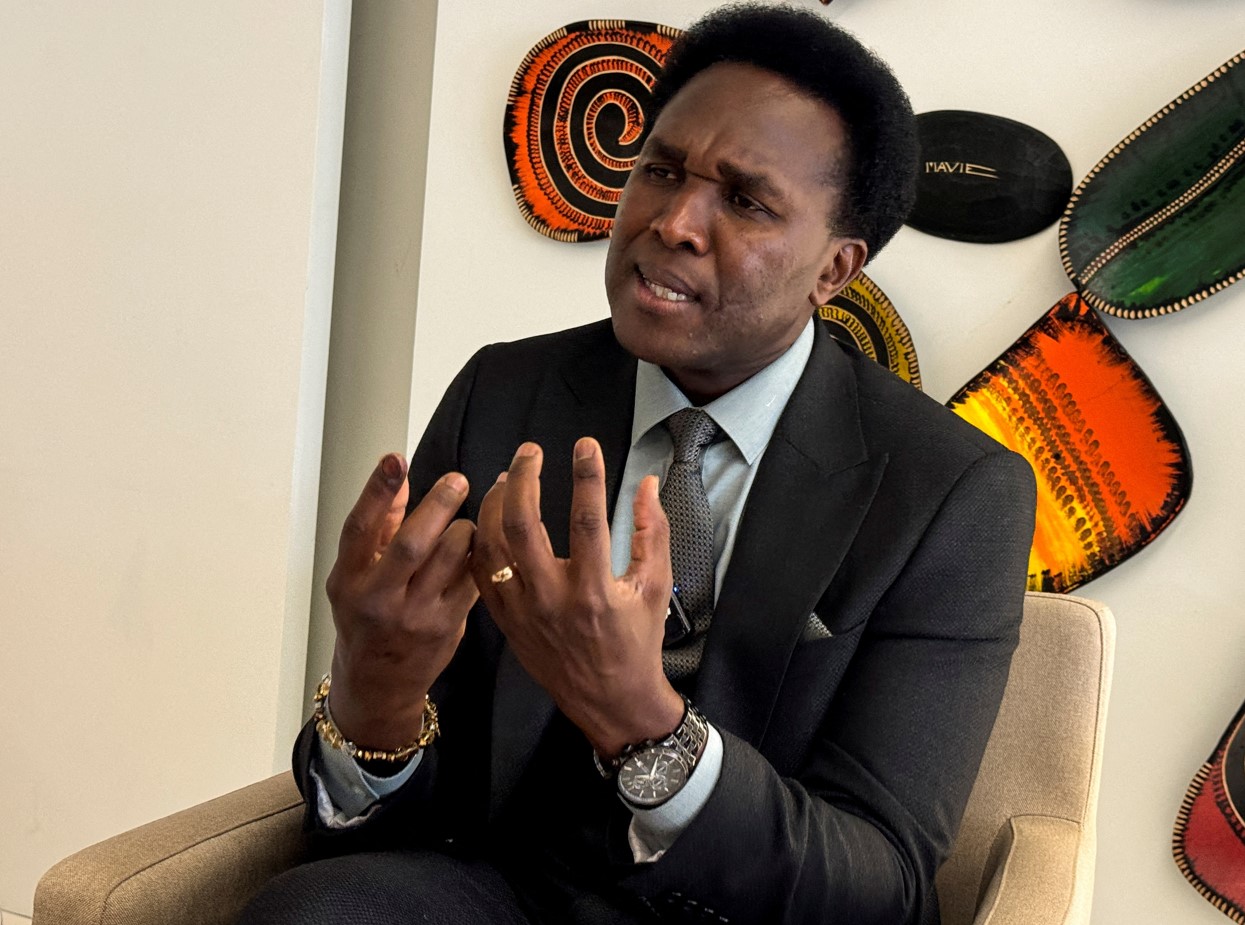
The split between Mondlane and Podemos highlights the deep divisions within Mozambique’s opposition political landscape.
Venâncio Mondlane, a former opposition presidential candidate and a leading figure in Mozambique’s months-long protests, has announced he is severing ties with the Podemos party.
His decision comes after growing tensions between him and the party, which had supported his independent candidacy during the country’s controversial October 2024 presidential election.
More To Read
In a statement posted on social media, Mondlane, who led protests against the election results, said, “The Office of the People's Elected President announces the end of the Coalition Agreement with Podemos, signed on 21 August 2024.”
The announcement marks the end of a political alliance that had initially promised to bring together opposition forces against the long-dominant ruling party, the Front for the Liberation of Mozambique (Frelimo).
Mondlane’s relationship with Podemos had been uneasy for several weeks. After Podemos won 43 seats in parliament during the October 9 elections, the party deprived the Mozambican National Resistance (Renamo) of its status as the main opposition in the country’s parliament.
Despite this achievement, Mondlane expressed dissatisfaction with Podemos’s actions, particularly criticising the party’s decision to swear in its Members of Parliament (MPs) in January 2025 alongside Frelimo legislators in a session boycotted by other elected representatives.
“The swearing-in of Podemos MPs was a betrayal of democracy and the people of Mozambique,” Mondlane stated. "It soon became clear that the Podemos Party is not worth the paper it signed itself.”
His statement was scathing, accusing the party of acting in bad faith and falsifying agreements. The rift stemmed from Podemos’s refusal to honour key provisions in the coalition agreement that had been signed in August.
Mondlane asserts that Podemos's actions violated the agreement, which originally aimed to unite political forces in the struggle for Mozambique's future.
“They circulated a clearly falsified agreement, where the dominant feature was to give our movement a 5 per cent share,” Mondlane said in his statement. “Since, for us, not everything in life is money and positions, in respect for the pain of thousands of Mozambicans who have paid with their blood, mutilated limbs, kidnappings, summary and extrajudicial executions, or even deprivation of liberty, we renounce the rights and prerogatives in favour of the Podemos party.”
Mondlane further criticised the party leaders, accusing them of selling out the people’s struggle. “Our political struggle is fundamentally for the salvation of Mozambique,” Mondlane declared. “It is not about the obsessive pursuit of material goods or any financial advantage based on the martyrdom of the people.”
The split between Mondlane and Podemos highlights the deep divisions within Mozambique’s opposition political landscape.
Podemos, a party founded in May 2019 by dissidents from Frelimo, had become a rising political force, with its support of Mondlane’s presidential candidacy in the election further solidifying its position as the largest opposition party in the country. However, their failure to align on key political principles has now led to a break.
The situation has drawn international concern, with the European Union’s election observer mission calling for a “truly inclusive dialogue” to restore peace and stability.
The head of the EU mission, Laura Ballarín, emphasised the importance of Mondlane’s involvement in any meaningful political resolution. “I believe that there is no political solution to this crisis without a dialogue that is truly inclusive and in which Venâncio Mondlane participates,” Ballarín said at a press conference in Maputo.
The EU’s final report on the election also raised concerns about the conditions surrounding the vote, accusing the ruling party of using state resources to favour its campaign.
The mission observed irregularities in the election process, particularly during voter registration and the post-election period, where they violated fundamental freedoms like peaceful assembly.
Top Stories Today
